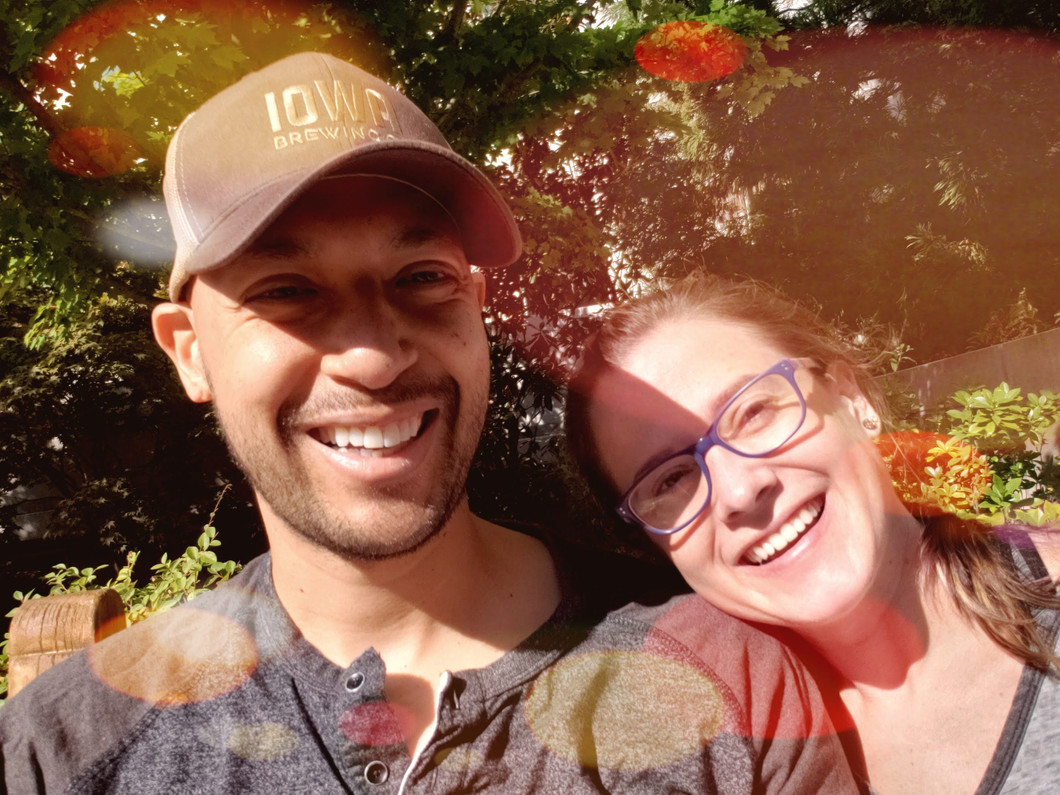The Gray Area of Grief
“Did you know you can pause your cable while you grieve?” the customer service representative offered.
My eyes grew large. My mouth dropped open, then transitioned to a smirk.
Freshly widowed, I called the cable provider in hopes of downgrading to the cheapest plan. I needed to reduce my monthly expenses, and pausing cable wasn’t a terrible idea. It would allow me to live in the land between cable and no cable.
But I was taken aback by the lack of compassion. I assumed the agent would offer at least one platitude before desperately trying to keep me as a customer.
Now I was certain I should cancel cable altogether.
***
In a dream world, I’d have responded, “Oh, that would be wonderful! I’m on the three-month grief plan, so I’ll pause service for 90 days.”
Actually, in a dream world, my husband would be alive.
However, in the real world, grief doesn’t work that way. There is no standard timeline, and grief doesn’t progress through predetermined stages. It continuously changes shape and form, defying all constructs. No magical timer sounds to indicate when grief is complete.
I liken myself to a computer. The grief program always runs in the background, consuming energy whether I’m aware of it or not.
***
I feel unnerved when people classify grief as something you “get over.” When I think of getting over something, I think of receiving a bad grade, being passed up for a promotion, or watching your favorite team lose an important game.
However, those are disappointments. They’re disheartening for a time, but they’re not meant to hurt forever. These ambiguous losses are fleeting, and there will be opportunities to right the wrongs. You can retake the course, try for the next promotion, or count down until the new season starts.
But grief is forever. There is no official ending and no chance at a do-over. Instead, grief becomes ingrained in the fibers that make you who you are.
For example, I have cystic fibrosis (and I’m the widow?), and I’ve never been urged to get over my disease. Why?
Because it just is. That’s the deal. There’s no need to get over something that’s a key part of me.
***
In the first several months I grieved my husband’s death, a multitude of “shoulds” invaded my mind. A good laugh sometimes made me question whether it was too early to deem something hilarious. Other times, random memories lured me into the darkness, and I wondered whether I should be further along in my grief.
Had I regressed?
Grief doesn’t mesh with society’s need for certainty — for black and white and a beginning and an end. There is no right or wrong way to grieve.
Grief just is. It’s amorphous. It defies logic.
***
My grief has transformed over time, but it’s still with me, and I don’t try to stifle it when it surfaces. Instead, I remind myself that these moments of sorrow exist because I once experienced the same depth of joy.
How could I know such grief without having known such love?
Grief cannot be organized or filed away for a later time.
Grief is the gray area between sorrow and joy.
About the author
Drew Dotson is an Atlanta-based author who uses her experience with cystic fibrosis, widowhood, and humor to inspire and uplift others. She writes regularly at www.drewdotson.com and is working on a memoir.




